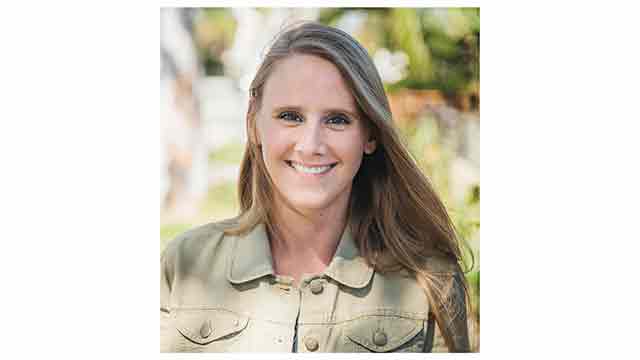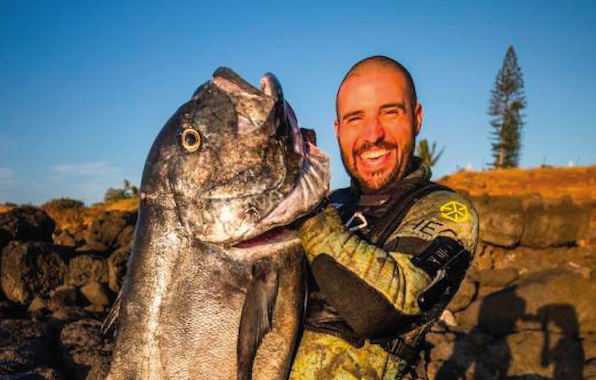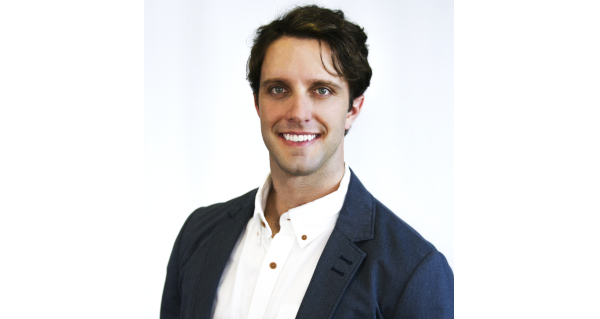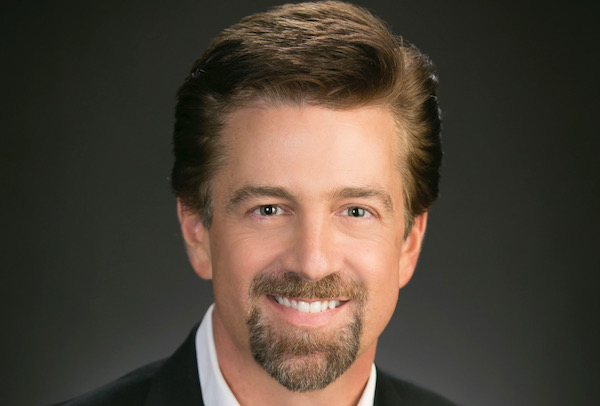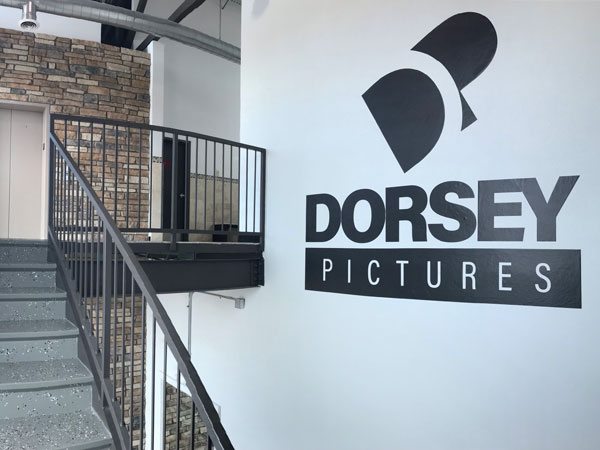People are willing to pay for the content they want to see, perhaps more than ever before, making it a good time to be a content creator, according to Chris Dorsey, president and CEO of Dorsey Pictures. Based near Denver, Colorado, the company aims to cater to viewers living in the heartland of the U.S. with content across the factual spectrum that delves into the stories and the people of the expanse of the country between the coasts.
“We often circulate in rural areas and smaller communities, so many of the concepts and characters that we find are organically within our content DNA,” says Dorsey, explaining that the company likes to ask itself why a broadcaster would look to it to produce a given series. “That doesn’t mean we won’t take other swings, but we tend to focus our energies on our core competencies and leave the coastal content to the companies based in New York and Los Angeles. The good news is that there are a lot of territories, characters and stories between the coasts—and plenty of networks catering to those viewers as well.”
Among Dorsey’s best-known titles are male-skewing “build” shows such as Building Alaska, Building Off the Grid and Maine Cabin Masters. “The stories tend to be more about a different view of the American dream than they are simply about building homes—and that’s why they have been popular with audiences across the globe,” says Dorsey. “These shows tap into a freedom many of us wish we had—to live an independent lifestyle on the land and by the land.”
At Dorsey, a Red Arrow Studios company, “We love creating content that taps into underserved communities and reveals a worldview that might be foreign to an urbanite,” says the CEO.
The company has also produced a number of series about tiny homes—a trend that Dorsey believes is only going to tick upward in the coming years. “Many millennials and others simply don’t want a 30-year mortgage and to be tied to an expensive home,” he says. “I think you’re going to see a massive surge in interest in the tiny home space again as economics, supply chain issues and home availability are all driving renewed interest in this way of life.”
Another societal trend that Dorsey predicts will have an impact on the kind of content viewers will have an interest in is the flight of city-dwellers to homes in the suburbs and countryside due to the pandemic and its rippling effects. “We are actively looking to exploit the greatest American home migration in history and develop concepts for the new post-Covid reality,” he says. “The mass exodus from cities, with people being able to work from home—wherever they want to live—has created a new freedom and a new way of life. I know many television executives that have left Los Angeles and New York and are living in Colorado and other places with a different quality of life. That firsthand experience will undoubtedly drive new programming because the execs know they’re not alone.”
Since Dorsey Pictures began its push into true crime a few years ago, it has created such titles as Accident, Suicide or Murder, which “tapped into the unease many people have about the way a loved one or friend died.” The company’s focus within the subgenre, as it is with its entire content slate, is on stories in more remote areas. “Rural jurisdictions and small towns often lack the resources to do thorough investigations, and it would shock you to know how many murderers are walking the streets of this country,” says Dorsey. “In our county alone, located outside of Denver, there are more than 200 unsolved homicides.”
Looking ahead, Dorsey Pictures wants to both reinforce its brand and what it’s known for and push outside its comfort zone and build stronger relationships with an expanded network of executives. “The linear-streaming transition hasn’t been easy for anyone, and we know that we need to be good partners that not only bring great story ideas but bring business solutions as well,” notes Dorsey. “Fundamentally, we need to be asking execs what we can do to lighten their load.”
 TVREAL
TVREAL
